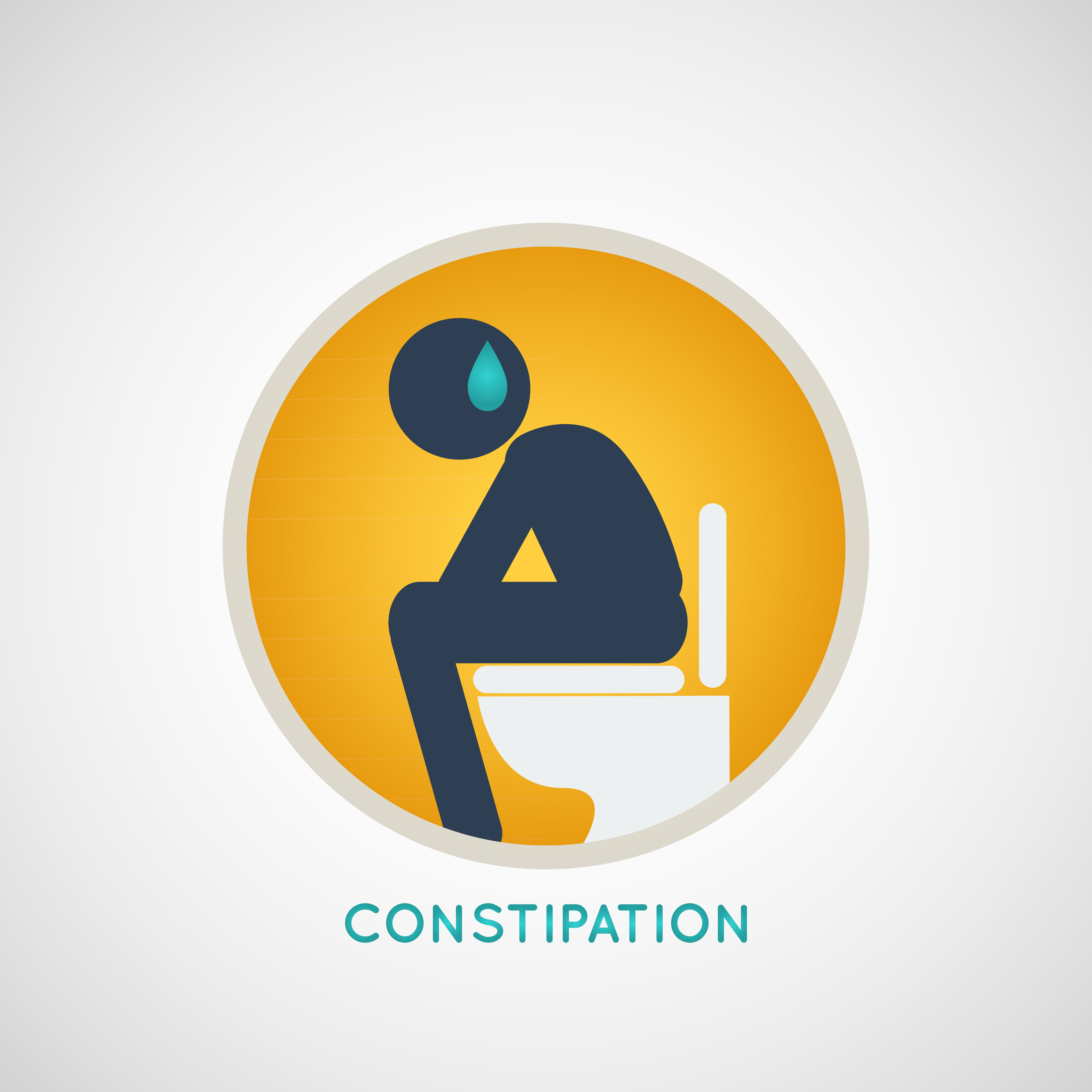We all know that excessive drinking is not good for one’s health. That said, there are times when we do not understand our drinking limits and go on a binge. However, such regular drinking bouts can very easily go wrong. Alcohol poisoning is a serious issue, but one that not many people understand. Many tragedies can be prevented by simply being careful with our drinks, and seeking medical help on time. But we need to ask ourselves the question, how much is really too much, and what do you do when someone is intoxicated beyond normal limits? Is there any medication for alcoholism and when do you take them? Read on to know the answers to these questions.
Alcohol- is it a poison?
If alcohol consumption can result into poisoning and turn fatal for you, it definitely needs to be moderated. Whether alcohol is lethal or not, really depends on how you drink it and how you space out your drinks. If you consume too much alcohol in very little time, it will have serious repercussions as too much alcohol in your blood can be dangerous. It messes up your normal body functioning.
What does excessive drinking do to the body?
Here are some of the ill effects of over-consumption of alcohol:
- Here are some of the ill effects of over-consumption of alcohol:
- Cause excessive dehydration, which in turn can result into brain damage
- Decreased blood sugar levels resulting into convulsions
- Decrease body temperature causing hypothermia
- Slowing down of brain activity, resulting into a bad sense of coordination and balance
- Irregular heartbeat and breathing.
- Excessive drinking can also lead to vomiting, which can turn fatal if you choke on your own vomit.
What are the signs of alcohol poisoning?
While a lot of people are already aware of effects like stomach irritation, vomiting and hampered sense of balance, not many know and understand that these can all turn fatal after a point.
Acute alcohol poisoning can cause, as mentioned above, mental confusion, loss of balance, hypothermia, slowed down breathing and more. In worse cases, the person can experience more severe conditions such as seizures or complete unconsciousness.
How to tell if you’re drinking too much?
While every individual has a different tolerance level, there are guidelines that suggest the general drinking limit for people. 10 ml of pure alcohol constitutes 1 unit. It is advisable that a person should not exceed 1 unit per hour, as it takes the body that much time to process the alcohol. For those who drink regularly, say most days of the week, here are the general regulations: 3 to 4 alcohol units a day for men; 2 to 3 alcohol units a day for women. Any more than that will cause serious problems to your health. It is recommended that you make your own drinks so as to keep a track of how much alcohol you are consuming, letting you regulate it within safe limits.
It is also important to understand that it is not just binge drinking that causes alcohol poisoning. Other important factors include how fast you drink, how much you eat while you drink, whether or not you are on any medication and have health issues. Additionally, your sex, age and weight all play an important role in deciding your drinking limits. If you stick to the above-mentioned guidelines, you should be fine. But you know best about yourself, and should stop consuming alcohol if you start to feel sick or nauseated. Monitor your health and your drinking habits and get medication for alcoholism if needed.
How to help a victim of alcohol poisoning?
Do not wait for all signs of alcohol poisoning to show up. The victim will need medication to prevent irreversible brain damage or worse, death. If you think that someone is showing signs of acute alcohol poisoning, do not hesitate in seeking immediate help by calling emergency services. They are trained to handle such cases. Timely treatment can help save someone’s life. Medical professionals will usually administer alcohol medication, use a catheter to empty the person’s bladder , insert a tube through their mouth to help them breathe, put a drip to maintain their blood sugar and flush toxic fluids out of their stomach with a pipe. But while medical help arrives, here is what you can do in the meantime. Try to keep the person awake and see if you can make them drink some water. Gently slap or pinch them to try and keep them conscious. Keep the person warm as body temperate tends to lower at such times. If the person has passed out, make them lie down on their side—the left side, if possible—to prevent any incidence of choking. Put their arm over their head. No matter what you do, do not leave the person alone and unattended and keep monitoring their breathing and pallor.
Better be safe than sorry
Are you, or someone you know, becoming dependent on alcohol? Alcohol abuse has become a common problem. If the situation is handled on time, a possible case of alcohol poisoning can be prevented. Counseling, self control and medication to stop drinking can help addicts. If you crave for alcohol right after you wake up, or can’t stop once you start drinking, you are becoming addicted to alcohol. When you are not drinking, you might experience withdrawal symptoms such as nausea and sweating. If such is the case with you and you realize you’re being sucked into alcoholism, talk to your doctor and ask for a prescription medication to stop drinking. Join a support group if needed and do not be embarrassed of your situation.
Now that you are aware of the gravity of the problem of alcohol abuse, monitor your drinking habits carefully. Stay within the advised limit of 1 alcohol unit per hour and take care of those around you. If you think someone needs help, step up and do the right thing. You might save someone’s life.
Read more about nicotine and its ill-effects on your body.




